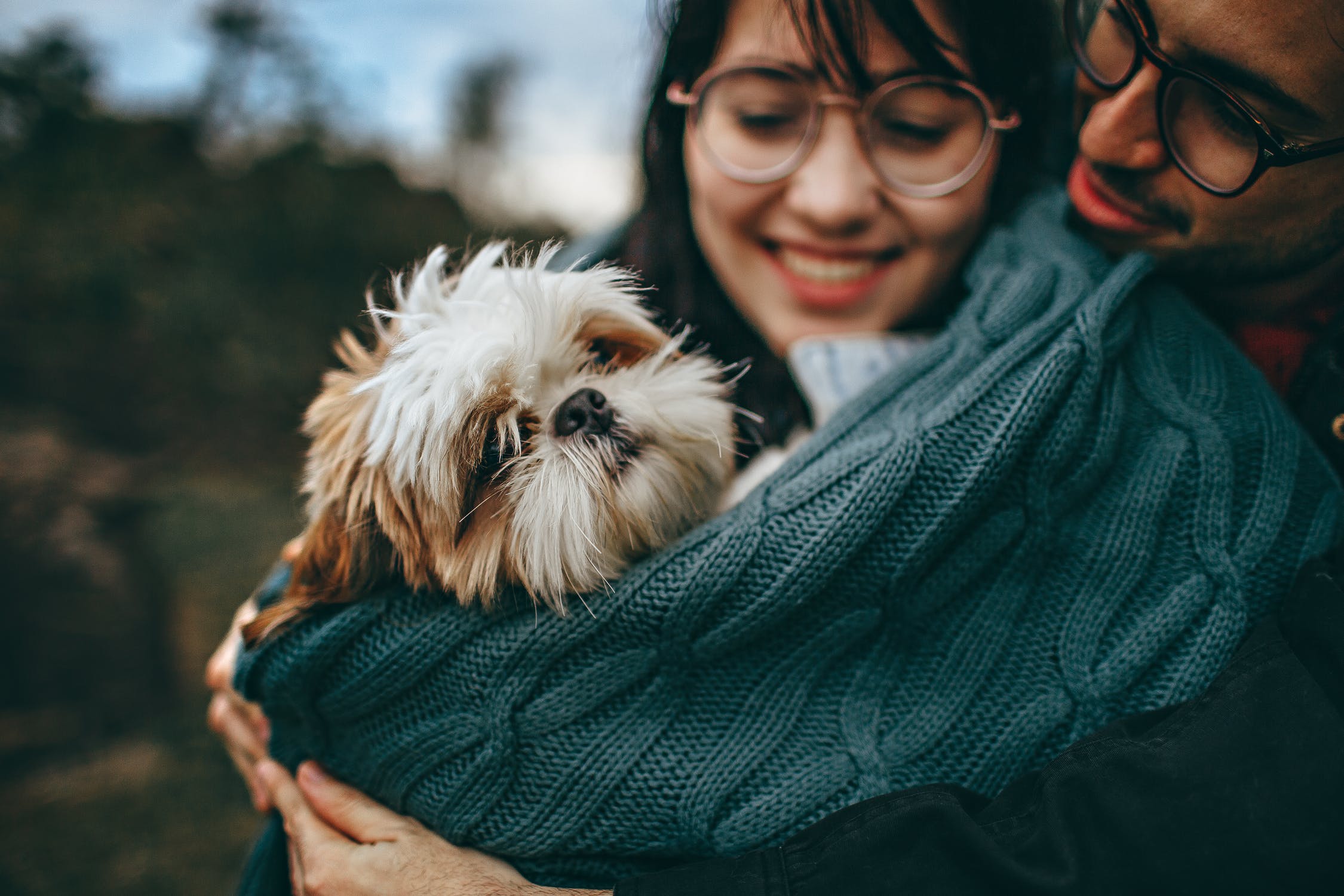
Having a pet is one of the most exciting and rewarding parts of life. Dogs, in particular, are excellent companions due to their sociable temperaments, their intelligence and their loyalty. Once you’ve made the decision to adopt a dog or puppy, it’s time to start preparing yourself, your family and your home for the new arrival. Here are some aspects to consider before bringing home your new dog.
Existing Pets
If this is the only pet to be living in your house, then there’s no need to worry about introducing your new dog to your resident animals. However, if you already have pets then it’s important to think about how you plan to best introduce them to your new dog. If you have a pet who is older and has grown used to new members of the family, they’ll be more likely to accept the dog sooner than a younger or more territorial pet. Be sure to research strategies and techniques that make the first few introductions between old and new pets much smoother.
Budget
Do you have the money available for vaccinations, emergency vet visits, and other pet expenses? Make sure you are financially ready before committing yourself to a new dog.
Safety
Dogs require a lot of care and love, even when you aren’t around. You might be used to a certain lifestyle that a new dog might find unsettling or uncomfortable, so be prepared to make the necessary changes that help your new dog to feel at home. For example, you can always put on a jumper when it gets cold but your dog has to endure whatever temperature its environment inflicts upon it. Visit www.furnasmanright-time.ca to find out more about how to keep your home a suitable temperature for your new pet. Similarly, leaving your dog in the car on a hot day can be extremely dangerous. Once you’ve brought a new pet into your life, you need to be wary of not only your own safety but for theirs also. They rely on you for everything so you need to step up to that responsibility.
Routine
If you don’t plan to be at home all day to spend time with your new dog, you need to have a plan for keeping it entertained, fed and cared for while you’re away. Dogs shouldn’t be left on their own for extended periods of time.
Children
Depending on the age of your children and their experience with household pets, you might want to talk to them about what it will be like with the new dog in the house. Will they need new rules around meal times to prevent the dog from eating something it shouldn’t? Are they mature enough to understand how to read the dog’s body language so they don’t get themselves hurt? Many people have happy memories of growing up with dogs, so make sure to prepare your children for the new family member to ensure a future of lifelong friendship.

